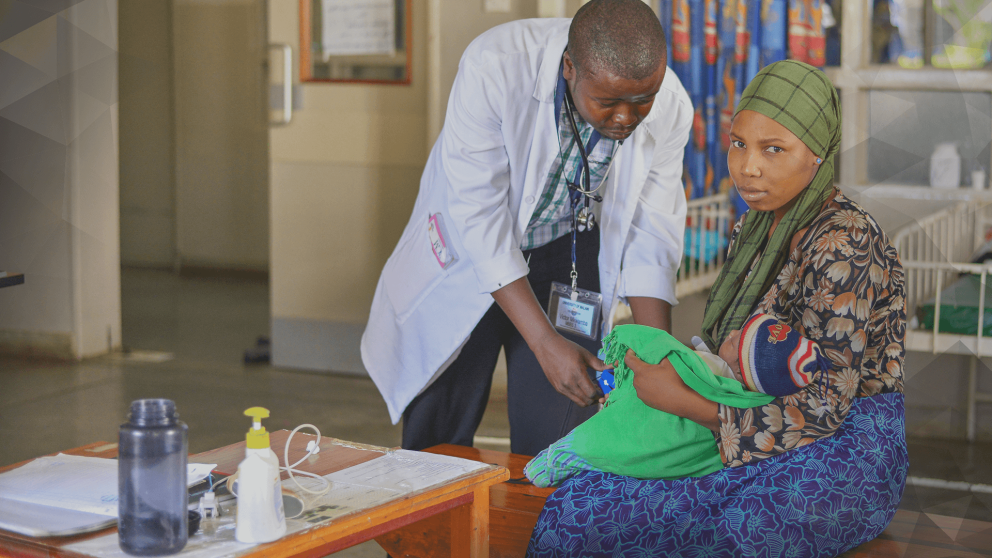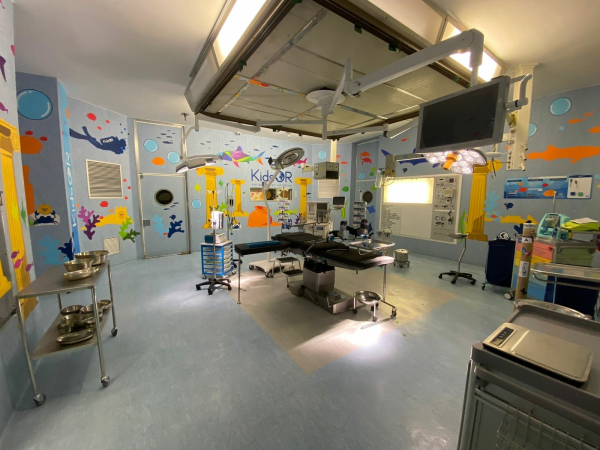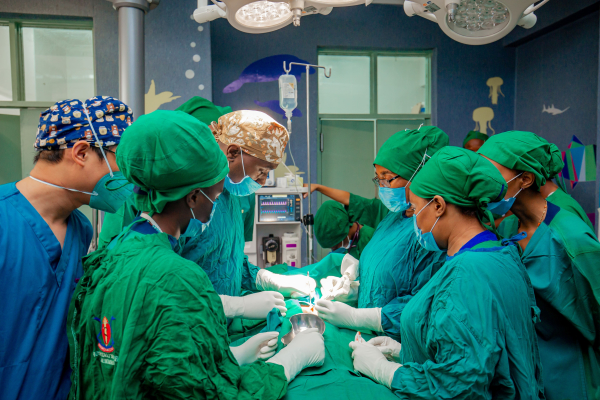
Access to surgery: building strong and resilient health systems
“There can be no universal health coverage without access to safe and affordable surgery.” (WHO’s Western Pacific Region)
In 1980, WHO’s Director-General at that time Dr. Halfdan Mahler stressed the imperative role of surgery within primary health care: "Surgery clearly has an important role to play in primary health care and in the services supporting it. Yet the vast majority of the world's population has no access whatsoever to skilled surgical care and little is being done to find a solution."
Thirty-five years later, in 2015 at the 68th World Health Assembly, WHO Member States led by the Zambian delegation adopted the first global resolution on Strengthening emergency and essential surgical care and anaesthesia as a component of universal health coverage. Despite its cost–benefit potential and contribution to strengthen the wider health system, surgical care has received less attention – and consequently less money - when compared to other health interventions.
To illustrate, according to the OECD, in 2019, 7 out of 27 billion dollars of the official development assistance (ODA) for the health sector was towards infectious diseases. On the other hand, while many low- and middle-income countries have tried to engage key stakeholders in the strategic allocation of resources to improve surgical access within their countries, adequate financing is still lacking.
The National Surgical, Obstetric and Anaesthesia Plans (NSOAPs) were designed as a unique policy strategy to improve surgical care and address the burden of surgically treatable conditions. However, their implementation has been constrained by inadequate funding. As claimed by Truché and colleagues (2020), the approach to improve surgical, anaesthesia and obstetric care in LMICs have progressed from a mostly volunteer mission trip model to a health system strengthening perspective with a worldwide acknowledgment that achieving UHC is impossible without access to emergency and essential surgical care.
The global health community can only succeed in reaching health care for all if we make a joint effort to deliver continuous, safe and affordable high-quality surgical care for poor, rural and marginalized people. With surgery as part of UHC being truly included in global health discussions and a corresponding financial support.
Kids Operating Room are the world’s leading charity focused on the development of safe surgery for children in low- and middle-income countries. However, until donor nations and major foundations take health system strengthening seriously and listen to the voices advocating for surgery as a key component of that, children will continue to suffer and die needless deaths while funding flows to contagious diseases that are an ever decreasing cause of morbidity and mortality.
Written by Dr Maíra Fedatto, Head of Research at Kids Operating Room
Share article
Recent Posts




Similar Posts
Namibia prioritising the lives of children.
Paediatric surgery included in Namibia's healthcare strategy going forward



